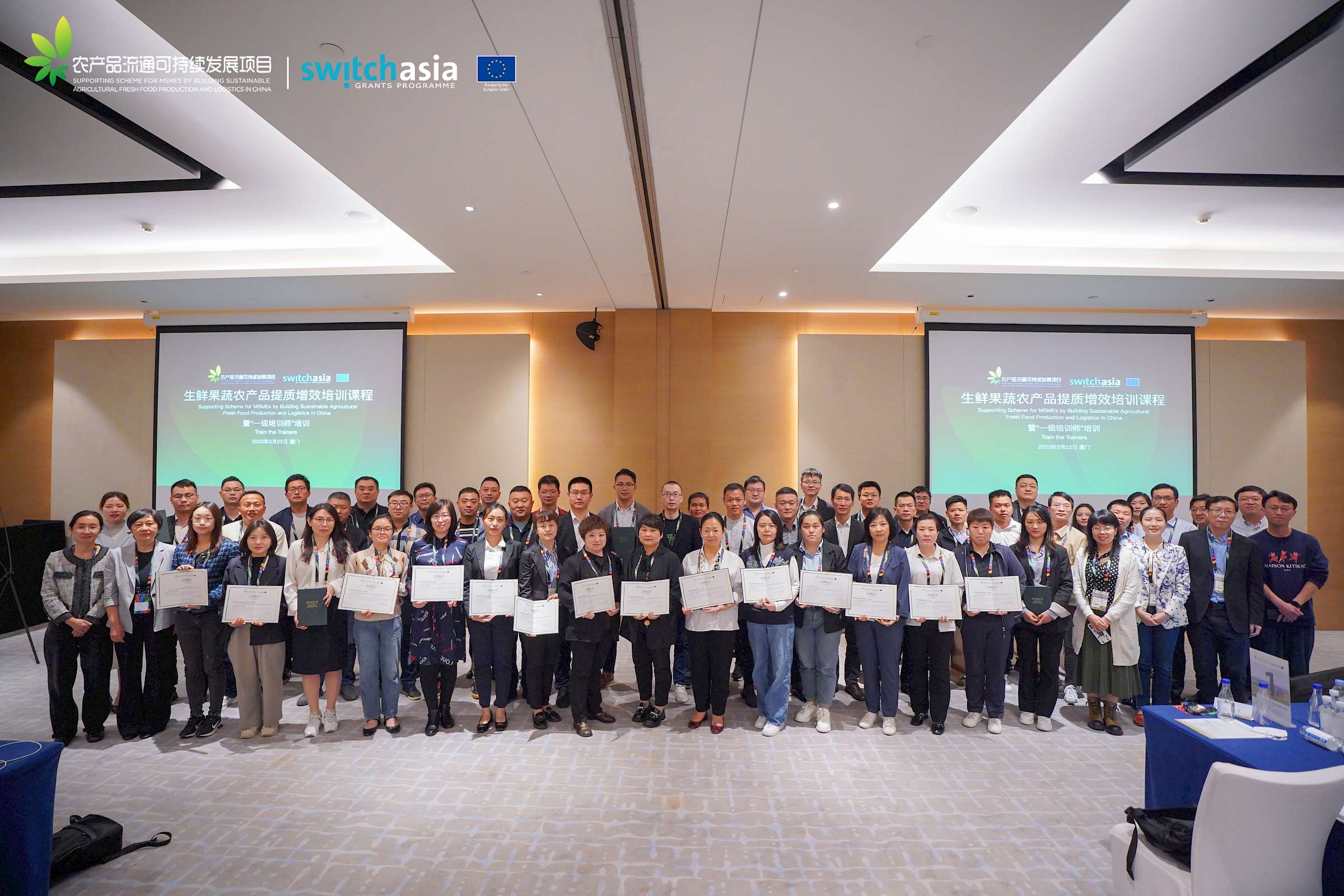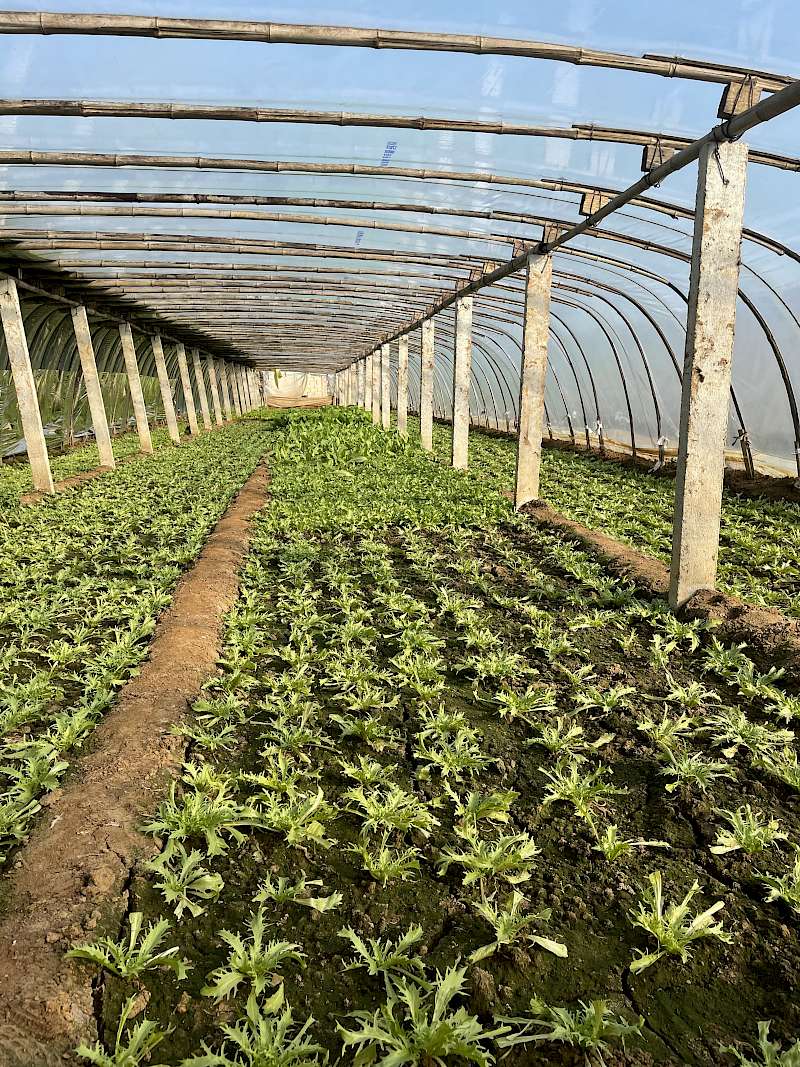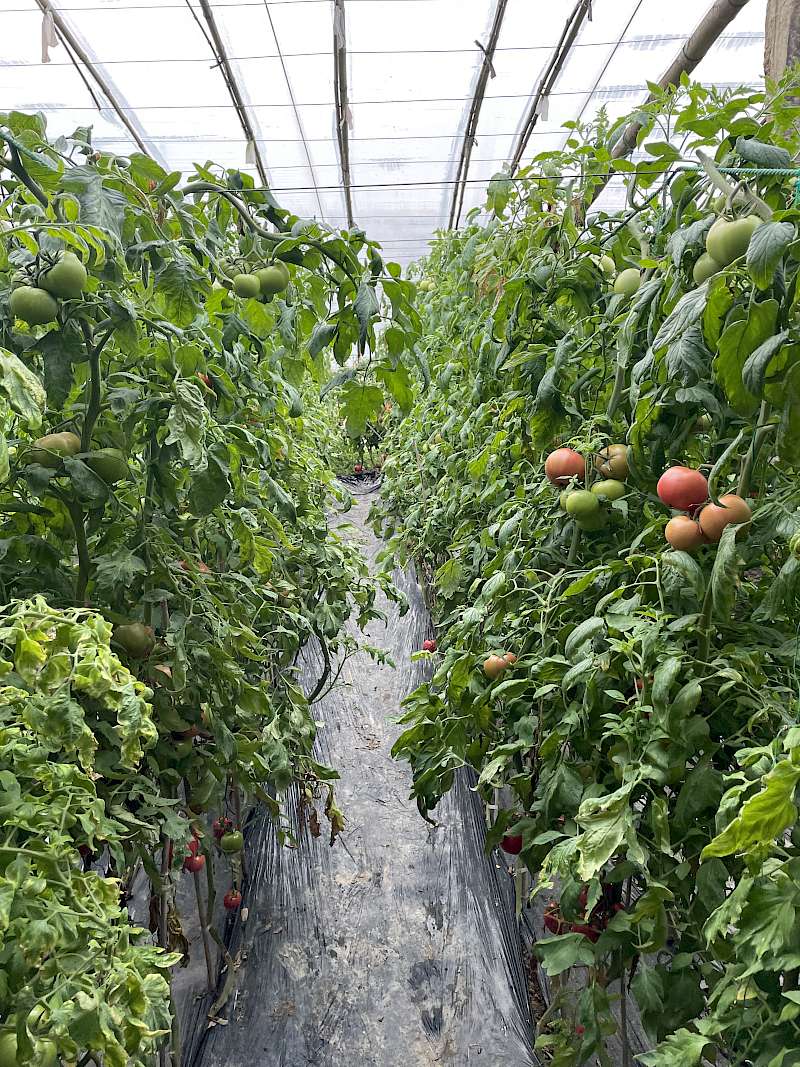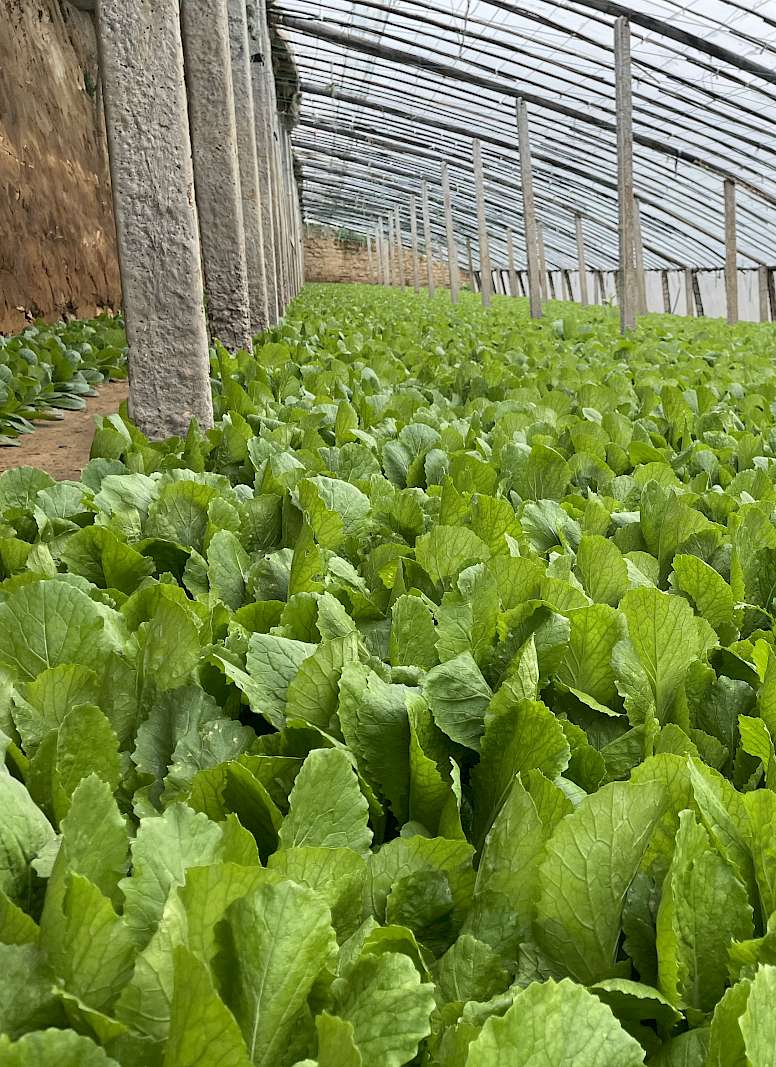
On March 21-22, 2023, the inaugural Train the Trainers session of the EU SWITCH-Asia funded project Supporting Scheme for MSMEs by Building Sustainable Agricultural Fresh Food Production and Logistics in China (SAFE) was successfully conducted in Xiamen. A total of 53 procurement and quality control managers, representing 29 retail enterprises, received the "First-Level Trainer" certificate.
Amid the national implementation of the rural revitalization strategy, the China Chain Store Association (CCFA), the Institute of Agricultural Economics and Development (IAED), and the IVL Swedish Environmental Research Institute (IVL) collaborated to launch the "Supporting Scheme for MSMEs by Building Sustainable Agricultural Fresh Food Production and Logistics in China (SAFE)", a project that is implemented from 2022-2025. This initiative aims to enhance the quality and efficiency of fresh fruit and vegetable operations, cater to consumers' high-quality lifestyle needs, empower small and medium-sized enterprises, cooperatives, and farmers in the upstream agricultural supply chain, and promote green production and quality improvement for fruit and vegetable agricultural products.
Since its initiation in March 2022, the CCFA has organised the development of the "Edible Agricultural Products Supplier Production Evaluation Requirements-Plant" (T/CCFAGS 006-2022), the "Chinese Retailer's Handbook to Optimizing Supply Chain," and other related standards and tools. The training materials consist of four main components: agricultural farm management and product quality and safety, standardized fruit and vegetable returnable plastic crates use management, employee health and sustainability, and fruit and vegetable commodity cold chain management. Throughout the series of training sessions for retailers, dealers, farmer cooperatives, and other stakeholders, the curriculum incorporated key points of online fresh food business practices, fruit and vegetable product selection, and price trend analysis. These efforts aim to reduce chemical fertiliser and pesticide usage in fruit and vegetable production, enhance the quality and safety of edible agricultural products, increase sustainable production capacity, encourage retail enterprises to pilot standardized fresh fruit and vegetable returnable plastic crates, and improve the quality and efficiency of demonstration enterprises.


Wang Hongtao, Executive Deputy Secretary-General of the China Chain Store & Franchise Association, emphasized the importance of fresh produce to supermarket enterprises, consumption, and people's livelihoods. Under the rural revitalization initiative, the project aspires to establish a positive interaction between the upstream agricultural products sector and the downstream consumer goods sector. This approach aims to improve retail enterprises' supply chain efficiency while assisting upstream farmers, agricultural cooperatives, and related processing enterprises in building a more efficient supply chain for fresh fruit and vegetable products.
During the training, Zhou Xiangyang, Associate Researcher from the Institute of Agricultural Economics and Development, China Academy of Agriculture Sciences, introduced the policies and trends of fresh fruit and vegetable agricultural products development. Project experts, Dr. Xiong Chuanwu and Mr. Wang Hai, introduced the key elements of base food safety management, product quality and safety assurance, sustainable management and fresh fruit and vegetable procurement and management for retail enterprises in the "Edible Agricultural Products Supplier Production Evaluation requirements-Plants Category" (T/CCFAGS 006-2022).
Mr. Tang Haibin, member of CCFA Supply Chain Committee and General Manager of SPAR China, explained how to use standardized fruit and vegetable returnable plastic crates. Mr. You Pengqing, Market Manager of Cold Chain of Emerson Environmental Optimization Technology explained the key points of cold chain preservation management for fruit and vegetable products. Ms. Huang Si, Project Manager at IVL Swedish Environmental Research Institute, and Ms. Li Xue, Special Researcher at the Institute of Distribution Economics in Japan, introduced the standardized fruit and vegetable returnable plastic crates of European Union and Japanese retail enterprises in food safety management of fruit and vegetable commodities, and the application of standardized fruit and vegetable returnable plastic crates. Retail enterprise representatives who participated in this training also shared and exchanged views on issues such as base cooperation and enterprise standards.
"First-Level Trainers" from retail companies will continue to offer training courses for professional Cooperative Agencies of Farmers (CAFs) and farmers themselves. Additionally, the CCFA will develop online courses to support large-scale training, and participants will receive project-recognised certificates.
We invite more supermarkets and related enterprises committed to improving the supply chain optimization of fresh fruits and vegetables to join the green production and consumption movement and contribute to the sustainable and high-quality development of agricultural product distribution!





